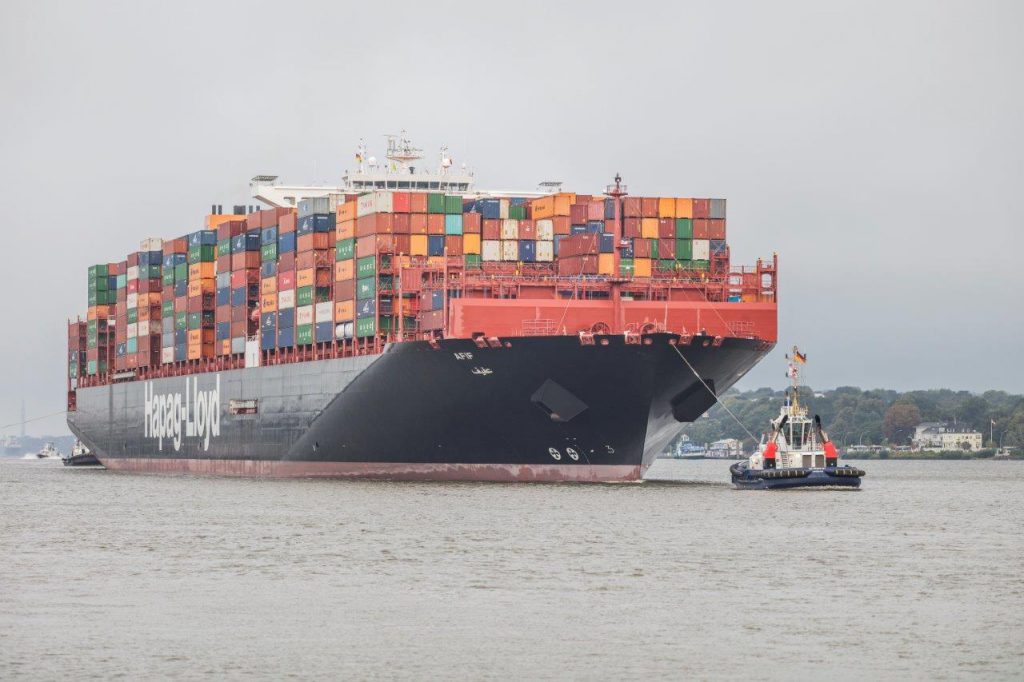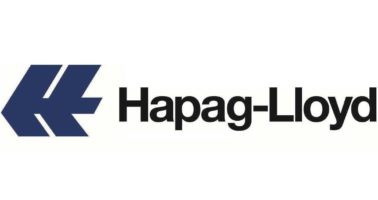4 January 2021
Hapag-Lloyd has placed a $ 1 billion order for six 23,500 TEU dual-fuel LNG containerships at Daewoo Shipbuilding & Marine Engineering (DSME). The six new constructions of more than 23,500 teu would be delivered by DSME between April and December 2023.
The ULCVs contracted at a cost of $ 1 billion will be equipped with high-pressure dual-fuel engines designed to operate with LNG, but also with sufficient fuel tank capacity to operate with conventional marine fuel oil.
"With the investment in six ultra-large container ships, we will not only be able to reduce space costs and improve competitiveness in trade, but also take a significant step in the modernization of our fleet."
"In addition, we will further reduce our environmental impact."
Rolf Habben Jansen,: CEO of Hapag-Lloyd

Hapag-Lloyd has experience in operating LNG-powered vessels, having converted one of the 17 "LNG-ready" vessels it inherited from its merger with UASC. However, the conversion of the 15,000 teu Sajir is understood to have cost more than $30 million, ruling out any further conversion.
The new ones will be deployed in the service of the Asia Alliance to Europe, where 71 ULCVS of the large companies already operate. Opting for new gas-fired construction in the era of decarbonization puts Hapag-Lloyd in the same field as the Ocean Alliance's CMA CGM, which received the first of nine 23,000 teu LNG-powered vessels in September.
However, other operators, such as market leader Maersk, maintain that LNG is not the long-term answer to reducing emissions. In this regard, the CEO of Maersk commented that such vessels represented a "technological risk", saying: "We don't think LNG is going to play a big role for us as a transition fuel, because it is still a fossil fuel. We would prefer to go directly to a CO2-neutral type fuel". Its partner in 2M, MSC, has also said it would not invest in LNG for any of its new builds, claiming it is "not a viable option".
Hapag-Lloyd participates in THE Alliance, its ally ONE (Ocean Network Express.Ltd) has also announced at the end of 2020 the order for 6 new 24,000 TEU ULCV vessels. In this case, ONE has opted for conventional fuel and scrubbers. Although it is unclear how well these vessels meet GHG reduction targets, ONE states that its vessels "significantly" reduce carbon emissions through a "state-of-the-art" hull design that maximizes cargo and minimizes fuel consumption. .

